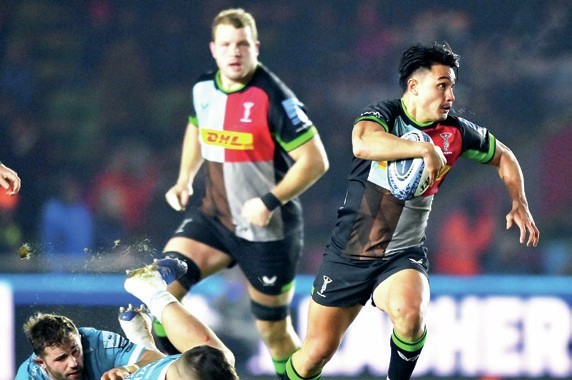French power will be so tough to overcome

1825299826
Categories: Champions Cup, Jeremy Guscott
JEREMY GUSCOTT
OUTSPOKEN AND UNMISSABLE... EVERY WEEK
English clubs are up against it in the Champions Cup because they are competing against French clubs which have much bigger budgets.
In fact, in the last decade, the only Premiership club that’s managed to compete successfully against the French, and Leinster, has been Saracens.
They found out in their first final against Jonny Wilkinson’s Toulon in 2014 what they had to do to become European champions, and first and foremost it was to develop a Saracens pack which was capable of competing against French clubs which are never weak up ...
Continue reading...
Access all our premium content from as little as 14p per day!
Already a subscriber to our website? Login